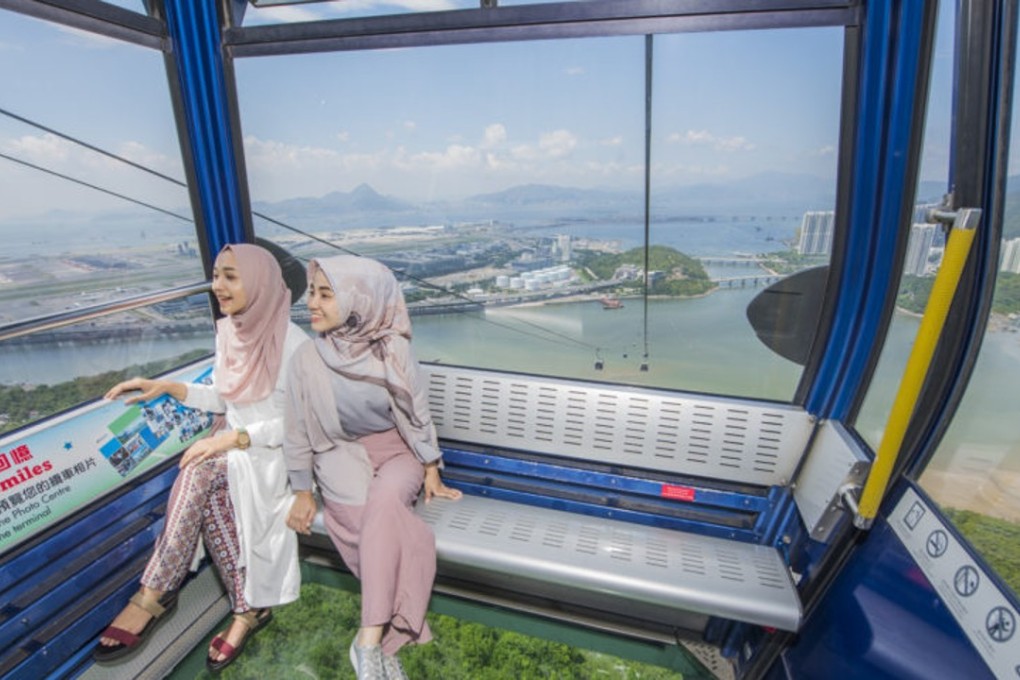Halal dim sum, airport prayer rooms: how Hong Kong, Japan and Korea won over Muslim travellers
- After diplomatic spats with China, Japan and South Korea turned towards courting Muslim travellers
- Hong Kong’s array of halal food allows some of its most famous dishes to be enjoyed while sticking to Islamic principles

In 2017, Japan welcomed nearly 1.2 million visitors from Malaysia, Indonesia, and Singapore. That figure was about as many as it received from the United States, and over a hundred times more than it received from the Gulf nations of Saudi Arabia and Qatar. Meanwhile, roughly half a million travellers from Malaysia, Indonesia and Singapore visited Korea in the first nine months of this year, with the number of Malaysian visitors to Korea growing 40 per cent from last year.
Online marketing, low-cost air travel, and a wave of interest in Japanese and Korean pop culture have all played a part in this new-found popularity. Both Japan and Korea began courting the Muslim travel market after diplomatic spats with China – the source of 70 per cent of the two countries’ tourists. These efforts are paying off, and the two northeast Asian nations now top online lists of Muslim-friendly destinations in Asia.

“Four or five years ago, these destinations were not seen as Muslim friendly,” said Fazal Bahardeen, founder of the travel platform Halal Trip and market research organisation Crescent Rating. “Since then Japan and Korea have been making sure they can cater to Muslim travellers and making them aware of what is on offer.”
The tourism organisations of both countries have installed prayer facilities at airports and tourist sites and published halal food guides for major cities in multiple languages in an effort to capitalise on this fast-growing market. “Things like this encourage Muslims to feel more welcome in unknown territory,” said Elena Nikolova, who runs the popular social media account Muslim Travel Girl.